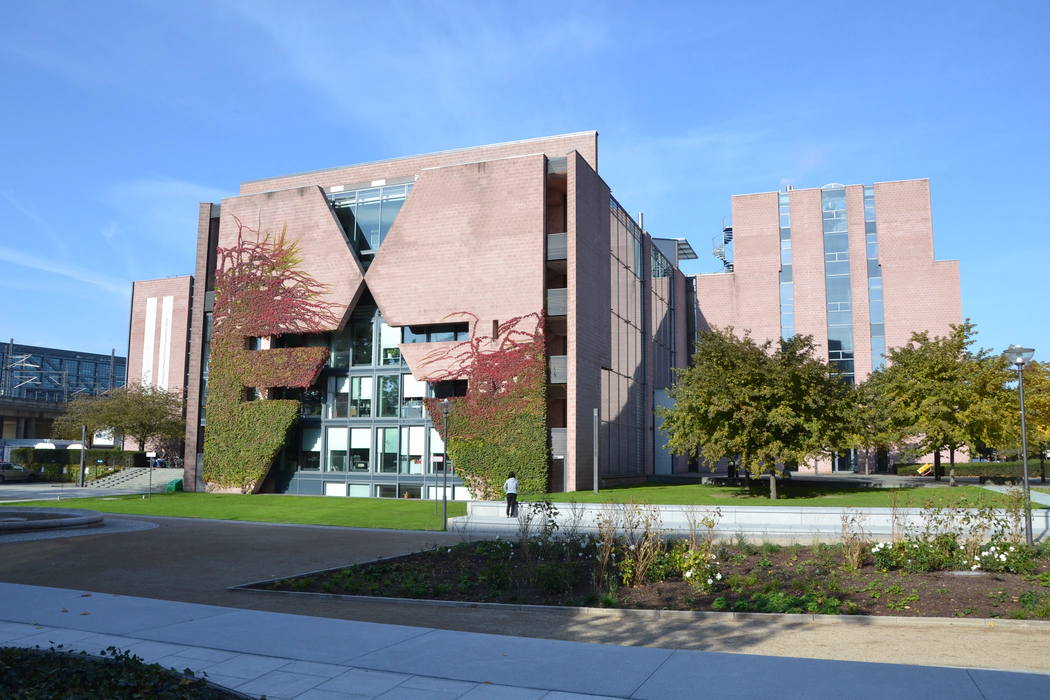What Role Do Neutrophils Play in Infectious Disease?
DOI:
https://doi.org/10.21036/LTPUB10840Researcher
Director of the Department of Cellular Microbiology at the Max Planck Institute for Infection Biology since 2001, Arturo Zychlinsky has previously held a Professorship at the New York University School of Medicineas well as completinga two year fellowship at the Institut Pasteur in Paris. Zychlinsky’s research focuses on Neutrophils and NETs, Immunity and Development and the Inflammasome.A member of both the American and the European Academies of Microbiology, Professor Zychlinsky is the holder of several patents. He regularly provides consultancy expertise to organizations including the Centre d’Immunologie de Marseille-Luminy and Boston based Padlock Therapeutics.

Original Publication
Neutrophil Extracellular Traps: The Biology of Chromatin Externalization
Gabriel Sollberger,
Dorothea Ogmore Tilley,
Arturo Zychlinsky
Published in
Citation
Arturo Zychlinsky,
Latest Thinking,
What Role Do Neutrophils Play in Infectious Disease?,
https://doi.org/10.21036/LTPUB10840,
Credits:
© Arturo Zychlinsky
and Latest Thinking
This work is licensed under CC-BY 4.0
